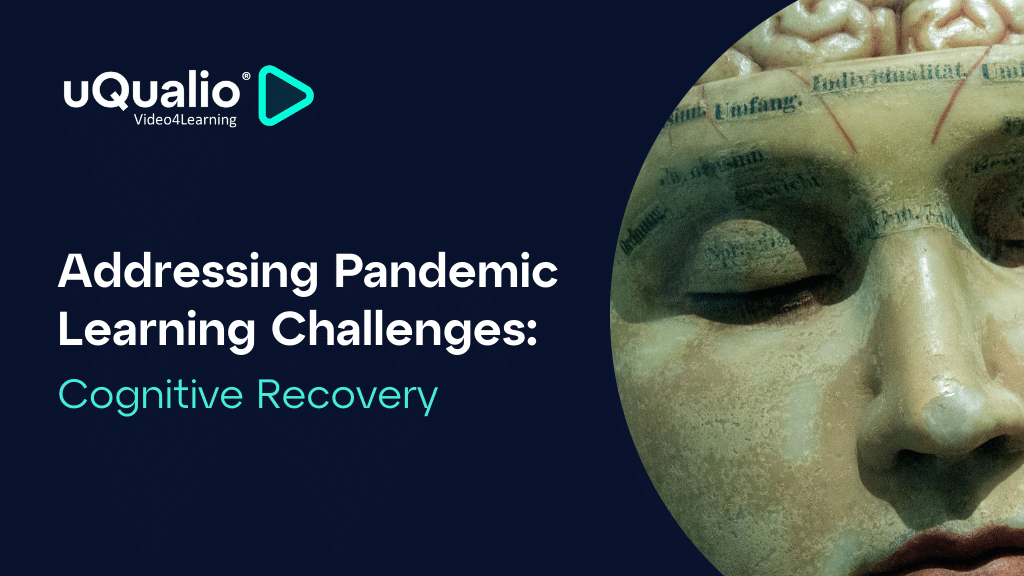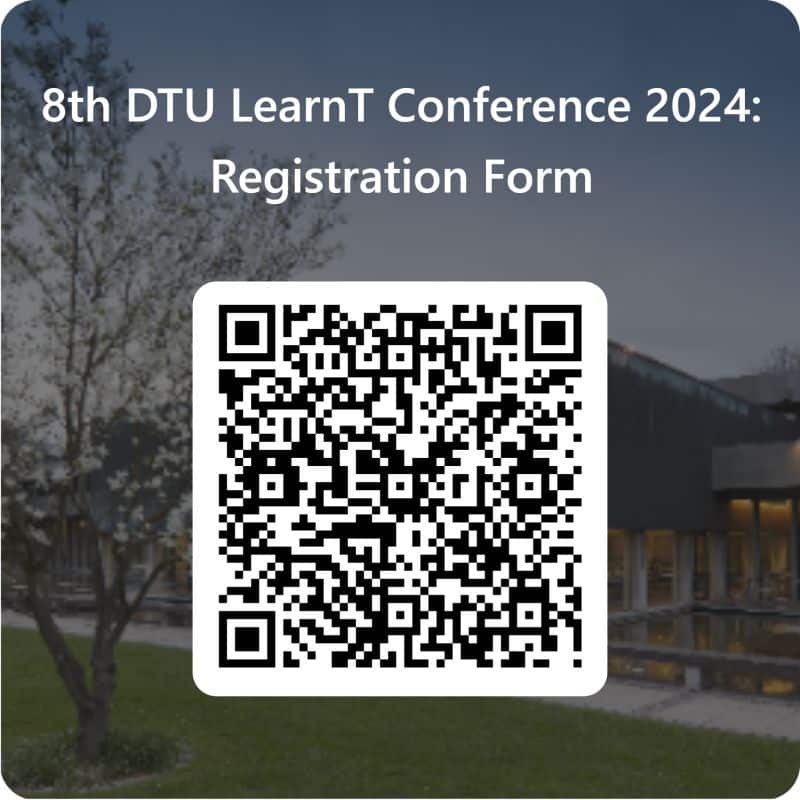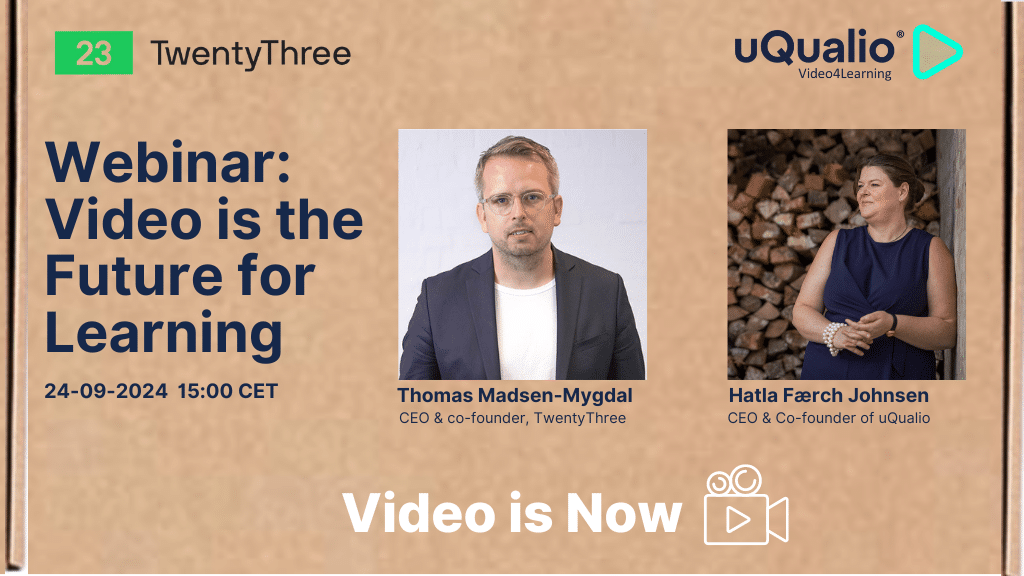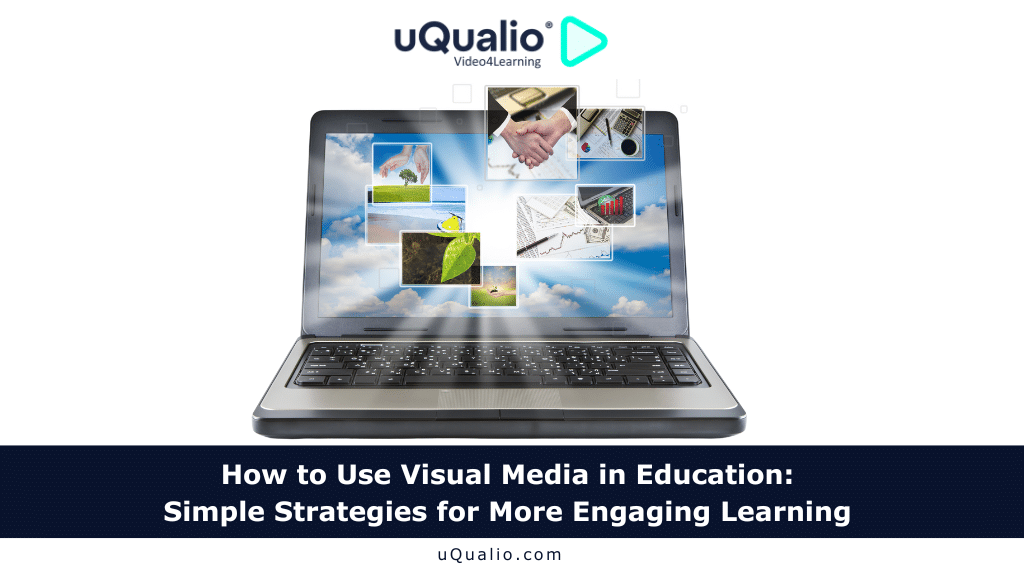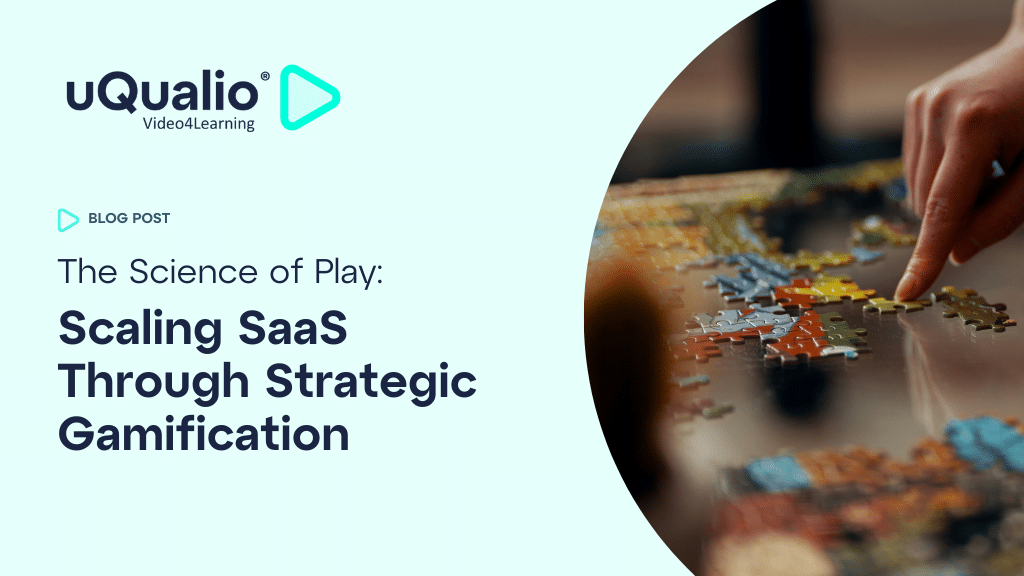“Constructionism is the idea that learners are showing their learning and demonstrating what they’ve learned through building something.”
Around the world, makerspace communities are gaining traction as a viable way to learn new skills or build on existing ones. But how can maker space philosophies be transferred over into the world of online learning? Is it even possible?
In the interview below, uQualio Video4Learning had the chance to chat with Urvi Morrison, the founder of Strategic EdTech, about this question and many others.
Without further ado, let’s jump into the interview!
Hello and thank you for taking the time to chat with our blog readers today about your involvement in the EdTech space. You’ve worked as a Director of EdTech & Innovation, you’ve been a middle school teacher and you’ve even been a learning coordinator. Now, today you’re the founder and CEO of Strategic EdTech (SET) which is an EdTech consulting company. Begin by telling us a little bit about SET’s history and the reasons why you started the company.
“So, we started SET in 2016. We are going into our 4th Academic year. The reason that I started SET was that at the time I was working as the Director of EdTech Innovation at a local school. During the first few years, we set up a lot of cool and innovative tech-forward programs. The school would ask me for help and so I’d go in and help set up things for them or give them guidance just as a volunteer.”
“Eventually, I saw that there was a need and a gap in the market for educational technology and innovation, and program development. And so in 2016, I transitioned and started SET so that we could formally support more educational institutions in developing educational tech programs to help bring their teaching and learning practices forward.”
You work closely with many different types of organizations including federal agencies, public schools, private schools, and even EdTech product companies. Essentially, your main objective is to combine technology with thoughtful pedagogy to create innovative learning opportunities. Our blog readers are mostly made up of subject matter experts who use our technology to offer their courses online. A common weak spot in this group of people is often pedagogy. What common pedagogical mistakes do you see subject matter experts (but non-professional teachers) make when it comes to delivering educational content online?
“This is a great question because I have seen this in action many times when we ask non-educators to teach. Whether it’s teaching related to tech or not. I think some of the biggest pedagogical mistakes that are made by people who are not trained as teachers is that they don’t know how to lay out a course of study that is engaging, inspiring, and tests for knowledge is able to accommodate different types of learners as well as re-shift and change their course of action depending on the student’s knowledge acquisition. So we see people get really excited about their subject matter and teach it the way where they jump in as an expert as opposed to starting at the beginning.
“We also see the inability to develop good assessment strategies. And when there aren’t good assessment strategies for the students, the teacher often does not know what the students do or do not know, and therefore the teacher is not able to properly correct, evaluate or review. So what we mean by this is that technology is moving at a way faster rate of change than educational theory does. I wouldn’t really even say the educational theory has changed.”
“I think there are just iterations on current and old practices to make them slightly better over time. And when you’ve got an emerging tech changing as fast as it does in relation to educational theory, there’s a little bit of conflict between those two things.”
“The negative consequences are that teachers often don’t know how to apply their educational practice within the technology itself. For example, let’s say in a high school classroom, you might be used to a one-to-one laptop scenario, but you may not be used to adding virtual reality goggles to the mix.”
“There’s nothing really in educational theory that speaks directly to teaching such a different type of tech in the classroom. So that does involve getting a little more creative and having to think outside of the box. It also often means that teachers need to hand over a little bit more control of the classroom and direction to the students because, in this example, they are introducing a different world into the mix.”
You’re also passionate about learning through constructionism. How can educators apply the concepts of constructionism within their online class environments? What strategies have you seen work well online?
“So just briefly for the readers, constructionism is the idea that learners are showing their learning and demonstrating what they’ve learned through building something. I think that you can easily incorporate this in online environments if you allow for two things:
- You are providing project choices for your learners. So, what that means is that you’re giving them options on what they’re going to produce as their final or mid product in order to demonstrate their learning.
- “And then from that product, there should be something that relates back to the course material. Plus, it should potentially has a real-world application and/or can be connected back to that learner’s interest. That combination of things then allows the learner to produce something to demonstrate their learning that allows the instructor to provide further guidance.
Often pairing this strategy with social constructionism is a great way to allow learners within groups or teams to be able to learn from each other’s experiences.”
On your website, you mention that you use research, data, and design-thinking principles to ensure that your programs are forward-thinking and sustainable. Let’s talk about each one of these practices in more detail as it relates to online teaching. What things can online educators do at the research stage to help increase the chances of their course’s success?
“That’s a really interesting question. This notion of research data and design thinking starts with educators asking a question about their practice that they want to change, iterate, make better, or maybe dig deeper into. Then with that question, create some sort of study that allows them to gather data on that topic to better whatever that process is.”
“With online educators, the way I would see that pan out is if they’re able to teach a course multiple times. This might allow them to actually put a study like that in place.”
“For example, an educator might start a course thinking how to better engage their learners. And then with that question, maybe they would then use a bunch of data collection strategies, both quantitative and qualitative to gather that data. Once they’ve gathered the data, they could then tweak parts of their program until they come up with a framework that works for their online course and their style that is engaging their learners.”
What types of things can an educator do at the data and analysis stage to help increase the chances of their course success?
“That’s a great question. I think online educators, who don’t have a background in teaching, need to be clear and honest with their learners. Tell them that you are looking for regular feedback on whatever you’re trying to accomplish with your course. Then, actually iterate and make changes to the course as you get that feedback on a regular basis. That would definitely increase the chances of an online course’s success. Similarly, it would also help the students feel empowered and give them ownership over the success of the course by providing that feedback to their instructor.”
How do design thinking principles play into online course development? How can e-course creators use design thinking to help ensure they have the biggest impact possible on their learners?
“I think that online course creators could potentially use design thinking or the engineering cycle (which is a six-step process and starts with inquiry). If you frame a course with this design thinking cycle in mind, you might be able to structure the class in such a way that you’re putting the material back in the hands of the student while still providing valuable content material. You’re providing them with a framework to execute whatever that product they’re going to develop by the end of that course to showcase their learning.”
You create a lot of content on the topic of maker spaces. This is a really hot topic right now. For you personally, what is it about maker spaces you find so inspiring? How can online course creators use some of the concepts and educational principles of maker spaces within the digital limitations of the online course format?
“I think that maker spaces within the maker movement are very inspiring. Reason being, they take advantage of the constructionist approach to teaching and learning. Similarly, project and problem-based learning are some of the best pedagogical approaches to teaching. So, when you combine all of that, essentially, you’re having students take in knowledge and then build something to demonstrate their knowledge. They can then apply that through problem-based learning while solving actual problems. I love that concept. This is because learners get very curious when you allow them to solve problems through the content that you’re teaching.”
“For the second part of the question: I’d go back to what I originally said. If an online course instructor and format could be one that is both centered around constructionism and design thinking, you’ll be able to have the students design something to show their learning to solve a problem in the real world. All of that ends up being related to maker movement and makerspace. With online courses, that could be whatever the students create to demonstrate their learning. So, whether it’s a website or a physical product, I think that that could be the final thing that they showcase in their presentations.”
“In an online course, you could create a live video or even take photographs and then annotate them. This will help people understand what you built. I think these ideas could demonstrate the maker movement spirit in an online format without being very limited or restricted by the online digital format.”
Thank you greatly for taking the time to chat with uQualio’s blog readers today. It’s been truly inspiring.
Achieve Effective & Affordable Video Training
– uQualio is an award-winning, easy-to-use, all-in-one NextGen LMS software for any types of online video training.



